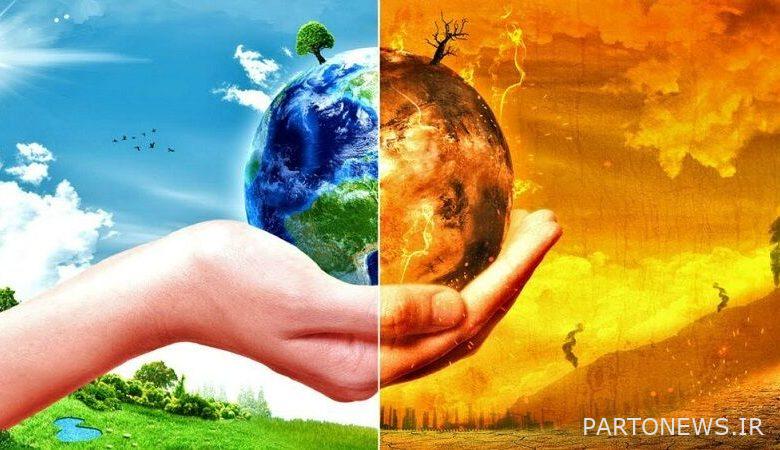The average temperature of the earth will soon exceed 1.5 degrees Celsius

New forecasts indicate that the world is rapidly approaching a year in which, for the first time, the average temperature of the Earth exceeds the set limit of 1.5 degrees.
The Guardian reports that a group of researchers led by the British Meteorological Agency have found that the probability that the Earth’s temperature will exceed the permissible level for the next five years is now 50%. By 2015, the probability of this happening in the next five years was zero. But this rate increased to 20% in 2020 and 40% in 2021. The average global temperature in 2021 was 1.1 degrees Celsius higher than the level before industrialization.
Scientists also predict that by 2026, one year is likely to be the warmest year ever recorded. Earlier this year, 2016, due to the El Niوo phenomenon (one of the world’s most famous weather cycles, which causes major anomalies in the Earth’s climate every 2 to 7 years, including flash floods, droughts, Famine and epidemic.) The temperature had risen sharply. As the climate crisis intensifies, scientists are confident that the average temperature for the next five years will be higher than for the past five years.
“A 1.5-degree rise in the average global temperature above pre-industrial levels indicates that climatic effects on people and the planet as a whole,” said Professor Petrie Thales, president of the World Meteorological Organization and one of the authors of the climate report. It is becoming increasingly harmful.
“As long as we continue to emit greenhouse gases, the temperature will continue to rise,” he said. At the same time, our oceans are getting warmer and more acidic, ice and glaciers are still melting, sea levels are rising, and the climate is getting warmer.
Under the Paris Agreement, countries are required to keep human activity temperatures below 2 degrees Celsius and to continue efforts to limit them to 1.5 degrees Celsius. However, scientists in 2018 warned that 1.5 degrees Celsius global warming will have severe effects on billions of people.
“The approach of the year in which we exceeded the set limit of 1.5 degrees Celsius does not mean crossing the threshold of the Paris Agreement, but it shows that We are getting closer and closer to a situation where we cross the 1.5 degree range for a longer period of time.
Dr. Andrew King of the University of Melbourne also described the possibility of crossing the 1.5 ° C threshold, even for a year, as worrying, saying that greenhouse gas emissions were still at an all-time high. If we do not reduce it to zero, we will still see global warming.
According to this annual forecast, which uses the best types of forecasting systems from climate centers around the world to generate practical information, the probability of rainfall in 2022 compared to the average of the last 30 years in northern Europe, sub-Saharan Africa, northeast Brazil and Australia are higher, while drier-than-expected conditions are forecast for southwestern Europe and southwestern North America.
Professor Thales also warned of rapid warming in the Arctic: “Temperatures are disproportionately high and what is happening in this unique region will affect us all.” We need to know that melting ice is associated with severe weather events in Europe, North America and Asia, including heat waves, floods and even blizzards.
The North Pole is projected to rise three times higher than the global average over the next five years.

